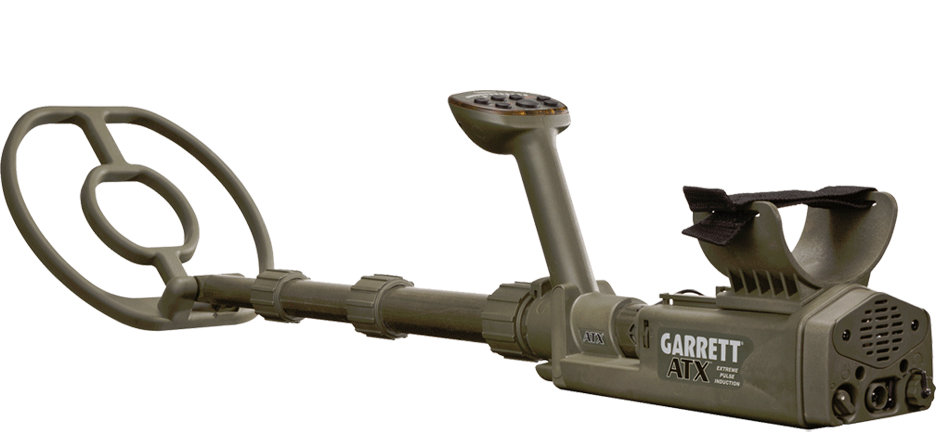When you are finished detecting, Get that lower rod in some water, then loosen and tighten each cam several times, to get that buildup of fine silt which accumulates in the tiniest places loose and out of the cam thread. Then, loosen the cams, and keep them loose until your next water hunt. This will allow you to still adjust the length of the rods after they dry. If you keep your rod extended and do not clean out that fine silt, it will accumulate and make it very difficult to fix. I always cringe when I hear someone suggest you use a tool on plastic lower rods, as they will leave dents and scratches, leaving even more places where that fine silt can accumulate and cause even more problems.
Find's Treasure Forums
Welcome to Find's Treasure Forums, Guests!
You are viewing this forums as a guest which limits you to read only status.
Only registered members may post stories, questions, classifieds, reply to other posts, contact other members using built in messaging and use many other features found on these forums.
Why not register and join us today? It's free! (We don't share your email addresses with anyone.) We keep email addresses of our users to protect them and others from bad people posting things they shouldn't.
Click here to register!
Need Support Help?
Cannot log in?, click here to have new password emailed to you
Please...As With Most Other Cam Locks On Rods Hunting In Water............:surrender:
- Thread starter John-Edmonton
- Start date


